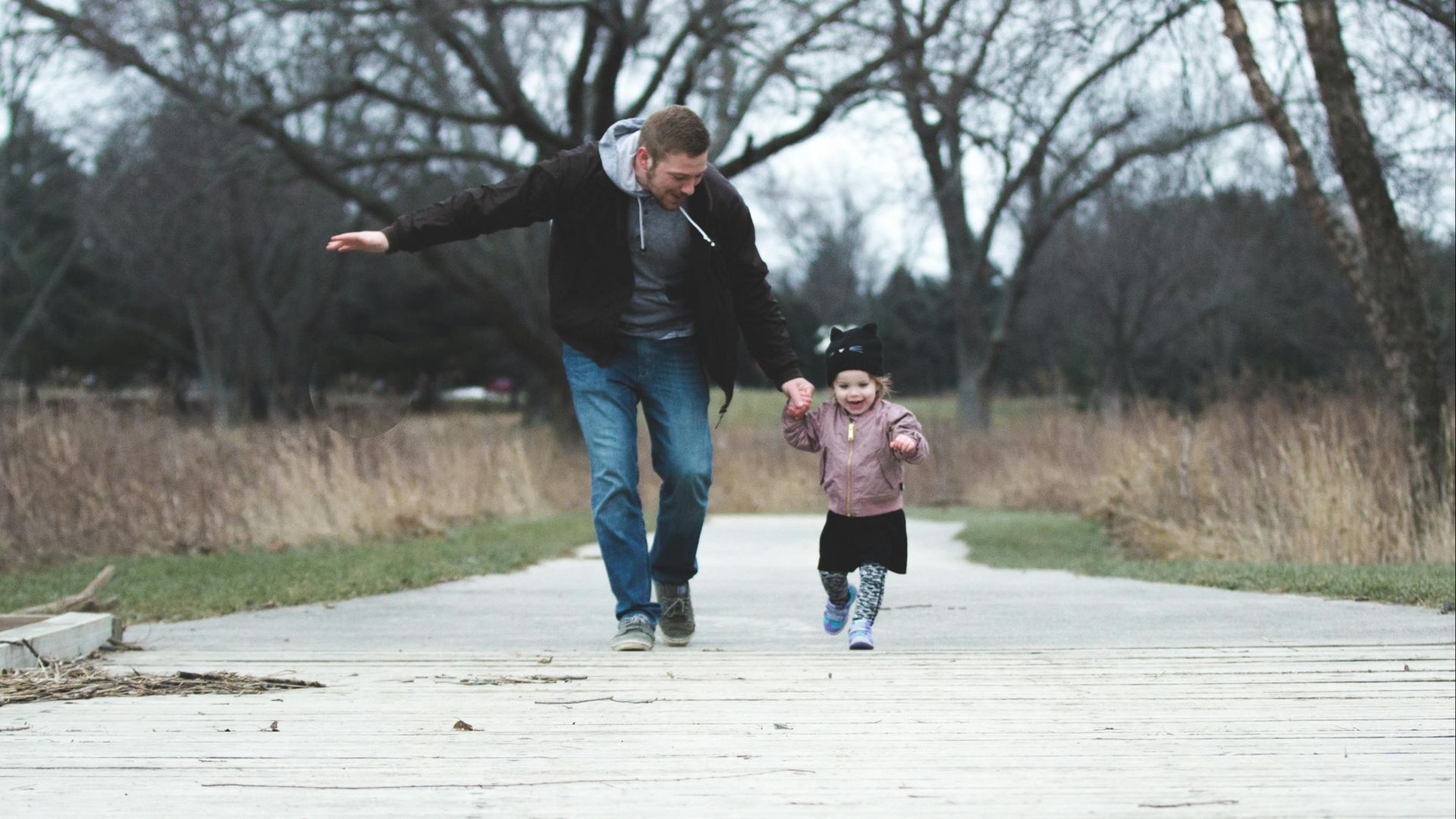10 Parenting Mistakes That Leave Lasting Effects & 10 Healthier Ways to Approach Parenting
10 Parenting Mistakes That Leave Lasting Effects & 10 Healthier Ways to Approach Parenting
How to Be a Better Parent
Parenting can be difficult, especially when it's your first time or you're raising children on your own. And while we're not perfect, there are ways to create a great, nurturing environment for your kids so that they grow up to live happy, healthy lives. Want to evaluate your parenting style? Here are 10 parenting mistakes that can leave lasting effects—and 10 better ways to approach parenting.
1. Creating a Fear of Failure
While it’s understandable to want your kids to be perfect, it’s another thing to instill in their minds that anything less than perfection is unacceptable. When you create a fear of failure by not tolerating any mistakes, your kids will take this harsh mindset with them into adulthood.
2. Enabling
And yet, you don’t want to enable your kids, either. Without striking a good balance, catering to your child’s every need can make them grow up entitled. They may expect everyone to do the same and treat others unfairly, leading to poor relationships.
3. Micromanaging
If you’ve ever experienced micromanagement, whether at work or school, you’ll know exactly what it feels like to be constantly watched and on your toes. It’s fine to want your kids to succeed, but always hovering over their shoulders will only make them more dependent on you.
4. Allowing Avoidance or a Lack of Responsibility
When you’re too lenient with your kids to the point where you allow them to avoid responsibilities, they’ll either grow up feeling it’s okay to skip basic household chores, or they’ll expect others to do things for them. This may lead them to lack accountability in other aspects, such as at work or school.
5. Bad Modeling Behavior
Your kids learn from the environments they grow up in. They learn from the people around them—and that includes you. The things you say, do, or react, will greatly influence and shape them as they grow up. This means if you model bad behavior, they’ll mimic that and treat others in the same way.
6. Comparison
Telling your kids you wish they were more like someone else isn’t going to motivate them. Instead, it will tear down their self-esteem and make them feel unworthy and undeserving. They’ll grow up thinking that their achievements will never be enough, because they’ll constantly compare themselves to someone else.
7. Invalidating Feelings
Invalidating your child’s feelings will lead them to suppress their emotions and hurt their overall emotional intelligence. They may eventually avoid—or even be scared to—open up to you, creating further distance and dissonance.
8. Neglect
Sometimes, you can’t help it. Your meeting runs late and you accidentally miss your child’s recital. You marked the wrong date and forgot to pick your child up from camp. Or you just have so much on your plate and schedule that you don’t have time to listen to your child’s day at school during dinner. You might not mean to neglect your kids, but you also might not notice how much you’ve pulled away until it begins to affect them, too.
9. No Trust
If you're always doubting your kids, whether in their abilities or their honesty, you'll create an environment where they'll either no longer want to tell you the truth or they lose faith in themselves. Without establishing equal respect and trust, your kids will start to distance themselves from you.
 Photo By: Kaboompics.com on Pexels
Photo By: Kaboompics.com on Pexels
10. Not Allowing Them to Make Their Own Decisions
When you don't trust your kids, you might start making decisions for them because you believe they're not well-equipped to make good choices for themselves. But this controlling style of parenting will only make your kids more dependent and stunt their problem-solving and decision-making skills.
What, then, are healthier ways to approach parenting so that they don't leave negative lasting effects? Let's explore 10 tips to keep in mind.
1. Be Present
First and foremost, you want to be present. Be there for your child's milestones and celebrate their achievements, small or big. Just your presence alone will make them feel less alone and like they're growing up without someone to confide in.
2. Show Respect
You might be the parent, but that doesn't give you the right to be disrespectful. Your child has their own thoughts, choices, and feelings, and they deserve to be treated with the same kindness and consideration as they do for you.
3. Empathize
When your child is feeling upset, frustrated, or angry, don't invalidate their feelings by brushing them off or ignoring them. Instead, put yourself in their shoes and try to understand things from their perspective, then offer some ways they can navigate through these problems.
4. Lead by Example
Again, kids learn from the environments they're raised in. They'll mimic behavior based on the people around them, which means if you disregard their words and emotions, they'll likely grow up to do the same, too. By modelling good behavior and strong emotional intelligence, you can lead by example so that your kids learn to do the same.
5. Use Positive Language
Instead of saying "Don't do that," "No running," or "You can't say that," use positive language with your kids. Avoid saying "no" and try to establish limits and boundaries in a constructive way. For example, "No hitting" becomes "Keep your hands to yourself, please."
 Photo By: Kaboompics.com on Pexels
Photo By: Kaboompics.com on Pexels
6. Treat Mistakes as Learning Opportunities
Let your kids make mistakes. No one is perfect, and you aren't, either. Instead of frowning at minor hiccups, allow your child freedom to learn from these errors so that they're stronger and more resilient when things don't go their way.
7. Discipline Over Punishment
Sure, when your child says a bad word or does something you've told them not to do, your first instinct might be to scold them or punish them with a timeout. But reprimanding them like this will only make them feel scared, rather than teaching them how to correct their behavior. Discipline, on the other hand, means you show your kids how to make better choices, which promotes growth and improvement in the long run.
8. Show Affection
Not only should you be present for your kids, you should also show them care and affection. Make sure they know you cherish, support, and appreciate them, and that you're there whenever they need you. In turn, they'll mirror that love back.
9. Establish Trust
As mentioned, if you don't trust your kids, they'll only pull away from you or lose faith in their own abilities. To build up independence, allow your kids to make decisions on their own, and believe them when they share something with you.
10. Aim to Be Flexible—Not Perfect
Remember, nobody is perfect. That's what makes us human. You might make occasional mistakes as a parent, and that's okay. The important thing is that you learn and grow with your kids, and that you remain flexible with readjusting your parenting styles to suit your child's needs.


























